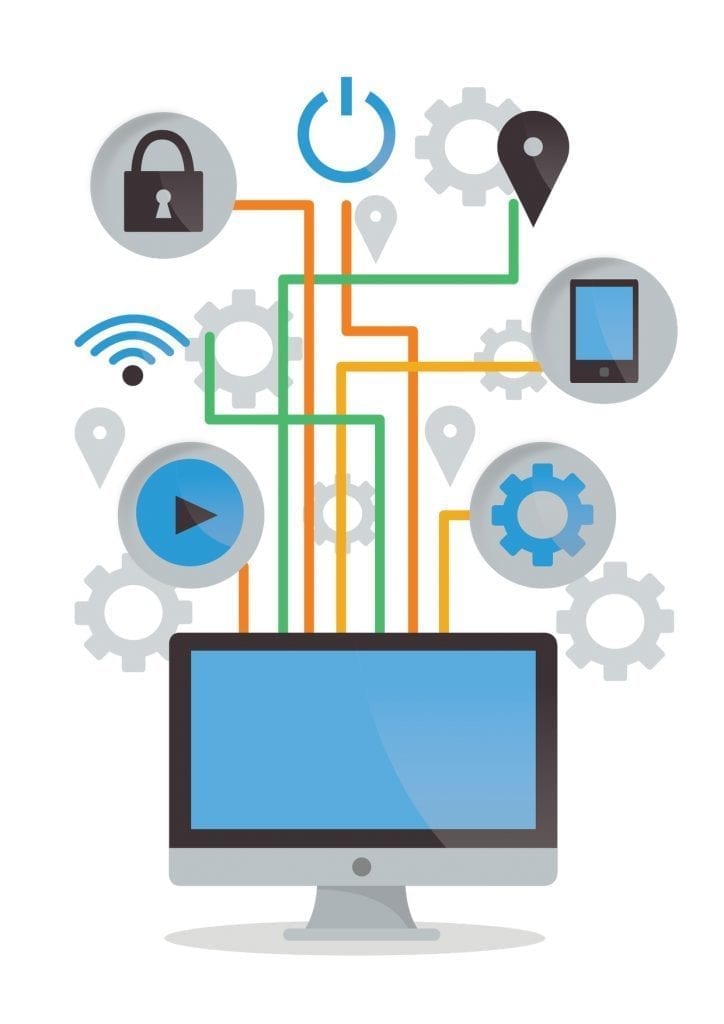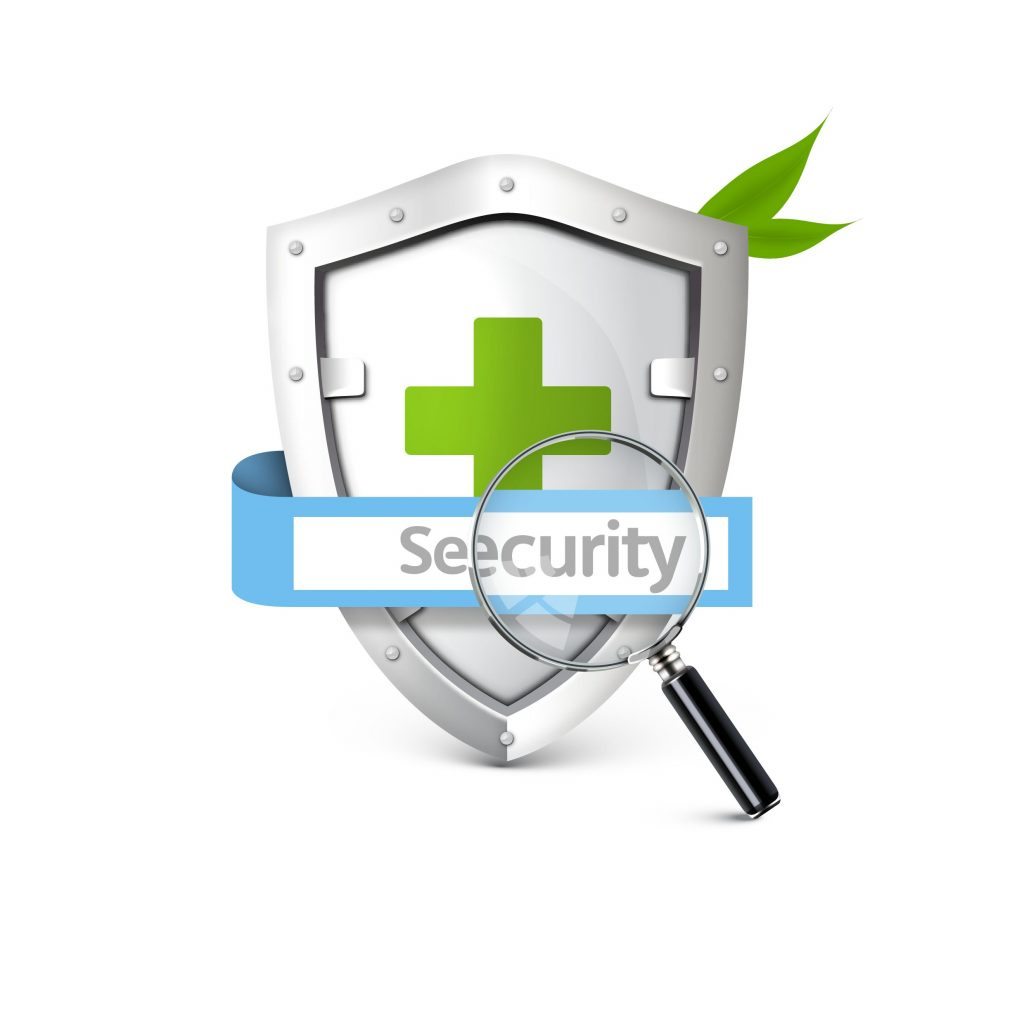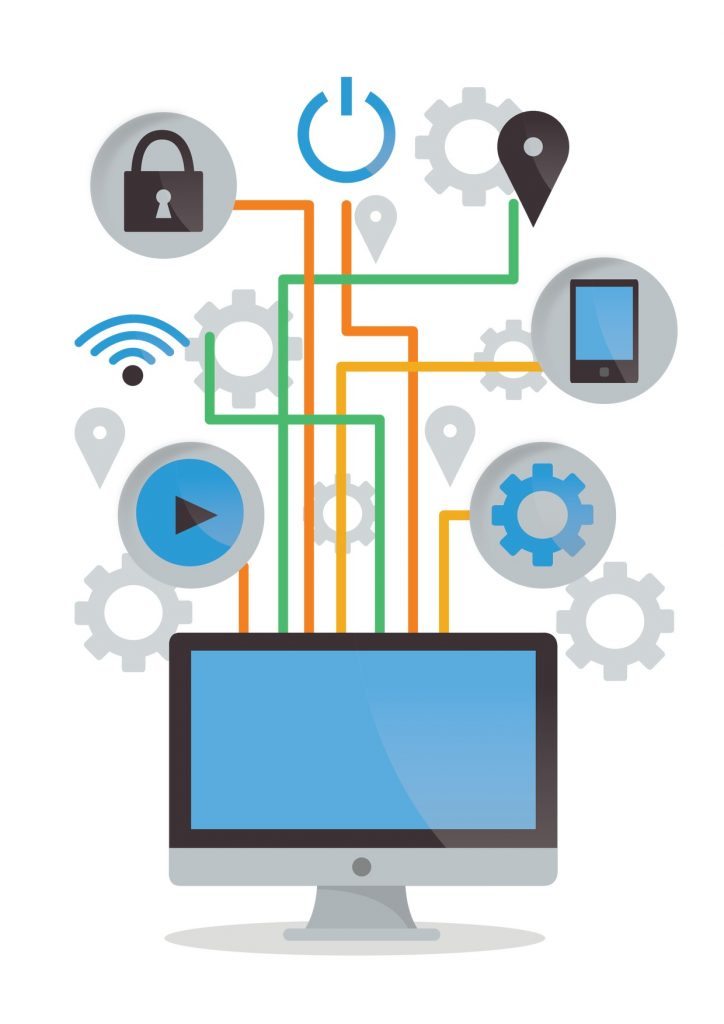
5 Aspects of Implementing a HIPAA Compliant Cloud You Need to Know
The Health Insurance Portability and Accountability Act (HIPAA) has been in use for 20 years now. It enforces a standard that helps protect medical records and other personal health information.
Basically, it ensures healthcare organizations implement specific security measures when it comes to electronic data. That’s why working with a HIPAA compliant cloud – that respects the law’s privacy regulations – has become a must.
Of course, that doesn’t mean handling such a thing is a straightforward process.
After all, a survey by Healthcare Info Security from 2014 outlined certain concerning aspects. Apparently, the biggest challenge 50% of all healthcare organizations faced was training and educating their workforce on compliance changes.
Well, we’ll do our best to explain five of the most important aspects you should know about a HIPAA compliant cloud.
1. Choose a Specialized CSP (Cloud Service Provider)
The market for cloud solution providers is so big that it’s hard to make a clear choice. However, there are certain aspects only expert CSPs can offer – and HIPAA compliance is one of them. Why is this important?
If you’re a healthcare organization, your CSP should be as professional as possible. Not only do you need to be HIPAA compliant, but they must meet that requirement as well. That was has been the standard since 2013 when the cloud solution provider was designated as a business associate by law.

This means that when you look for a CSP, you need to find out if they meet the same requirements as your organization. The regulatory policies and procedures are in the Health Insurance Portability and Accountability Act.
More than that, find out if they have a team of security experts that are certified. They should be able to have some proven experience with this aspect. Additionally, they should be able to provide HIPAA compliance proof if you want an audit.
With over 17 years of experience, Applied Innovations is a team of Windows hosting experts working around the clock all year. We provide one of the best HIPAA compliant cloud solutions in the world.
2. There Are Certain Rules You Should Focus on
In case you were curious, HIPAA is pretty huge. The document has around 400 pages as it needs to cover many specific aspects and scenarios.
However, the wide net of HIPAA has a few areas of particular concern that require extra attention.

Let’s take the privacy rule, for starters. It regulates the disclosure of PHI (Protected Health Information) held by covered entities. Here’s how the law defines “covered entities”:
- Healthcare clearinghouses
- Health plans
- Healthcare providers
Protected Health Information refers to any information that can be linked to an individual regarding:
- Health status
- Provision of healthcare
- Payment for healthcare
Next, the security rule – it has three components:
- Administrative Safeguards – Transparent policies and procedures that outline how the entity will comply with HIPAA
- Physical Safeguards – Protection against unauthorized access to patients’ data
- Technical Safeguards – Advanced cloud security that offers protection against intercepting PHI communications transmitted electronically
These two rules are the areas where most of your focus should be when choosing an HIPAA compliant cloud solution.
Applied Innovations offer a unique seven-point security approach. We’re working with the best-known names in security like Cisco, Juniper and Fortinet. If you want to learn more, go ahead and get in touch with us.
3. Technology Is Challenging HIPAA Compliance
In recent years, the market has been flooded with countless apps and complex devices – the smartphone, for example. They can handle many tasks like tracking health statistics or accessing patient records.
Of course, that poses some security challenges. However, security isn’t the only issue. The problem is that technology is evolving really fast and regulations can’t keep up.

Additionally, smartphones can communicate with your HIPAA compliant cloud solution. Well, it definitely is a fast and comfortable solution.
However, that raises other security concerns. Why? Because staff members will need to be instructed how to properly handle this.
Basically, anyone with access to PHI needs to know how to use secure technologies for digital transmission. They also need to learn how to protect patient information in the office or out in the field.
4. The Location of the HIPAA Compliant Cloud Server Is Important
Many cloud solution providers have servers in multiple data centers. It is important to learn where these data centers are located. Ask prospective CSPs to provide paperwork that shows the location of their servers.
Additionally, you should know that it’s best for the servers to be located in the US. If they’re in another country, they’re subjected to different regulations. That could mean cause unexpected privacy-related issues.

You should also try to learn more about the facility that houses the servers. The best ones have multiple types of security, even on the premises.
We use the NAP of the Americas as our flagship Tier-IV datacenter. It’s situated in Miami, FL, and it has 24/7 on-site armed security and offers military grade encryption.
5. You Might Need PCI (Payment Card Industry) Compliance as Well
PCI compliance represents the adherence to a set of specific rules. They have been developed to protect personal information when processing credit card transactions.
If your organization processes any type of card information, you’ll need a PCI compliant cloud solution.
There are six main requirements you need to meet to be PCI compliant:
- You must have secure network – top-notch overall security
- Cardholder data needs to be protected – transmissions and stored data need to be encrypted
- Vulnerability management procedures must be in place
- Solid access control measures need to be enforced
- Regular network testing and monitoring is a must
- Lastly, you must keep a policy that addresses information security
Our team of experts is determined to deliver compliant solutions that meet such requirements.
Conclusions
As you can see, there are many aspects to consider. It’s vital to go over each one of them because failing to comply will lead to costly penalties.
Patient data is a serious issue that needs the utmost attention and security measures. Just because your organization moved its data to the cloud, it doesn’t mean you’re no longer responsible for it.
Your best bet is to find a partner that can provide an HIPAA compliant cloud solution and has experience. Make sure you have a clear overview of all the aspects mentioned in this article.
At Applied Innovations, we love technology and we aim to offer the best services to our clients. Your happiness and peace of mind comes first for us.
Feel free to contact us if you have any question.

